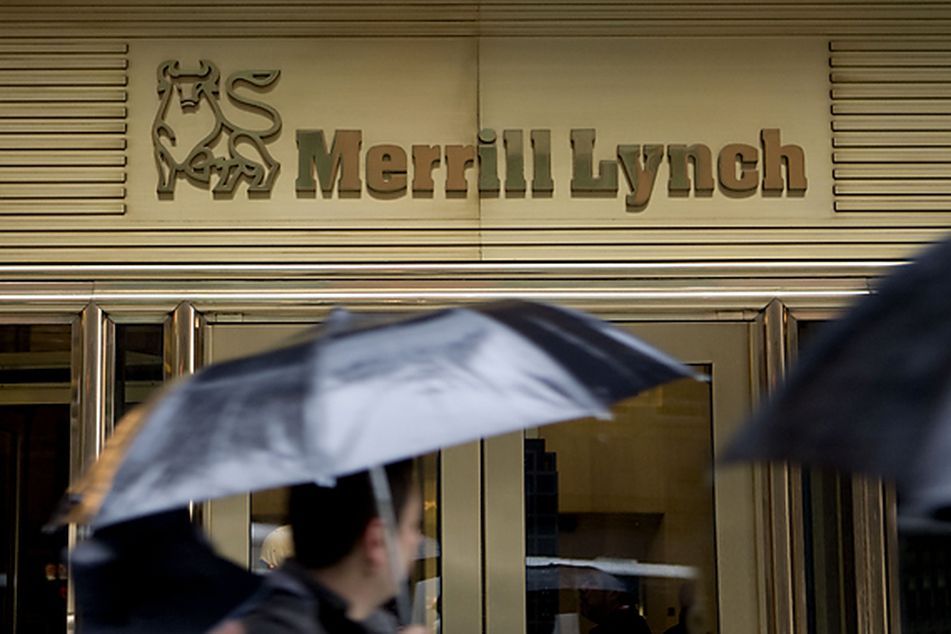BofA cross-sell seen in new Merrill bonus plan

Initiates new awards program that could shrink bonuses.
Bank of America’s 2013 compensation plan for Merrill Lynch financial advisers, like that of its main rival, Morgan Stanley, is angling for more growth from its brokerage force. But unless advisers can steer their clients to “strategic” fee-producing assets for the bank, they actually might get smaller bonuses next year.
Unlike wirehouse securities traders and investment bankers, who have seen their pay drop significantly since the financial crisis, financial advisers’ compensation has held up due to the steadier revenue they produce.
No changes were made to Merrill’s basic grid, which largely determines payouts for advisers. But the bank did tweak incentives to bring in new assets that produce more-dependable revenue for the bank.
Merrill previously capped awards for new assets brought to the bank when those assets reached $50 million. Now advisers will receive a bonus of 5 basis points on the first $10 million in new assets they bring in, and another 10 basis points for assets between $10 million $50 million. They can receive an additional 3 basis points on any new assets greater than $50 million that they bring to the company.
The catch is that the money has to be invested in “strategic” assets, which provide recurring fees and revenue for the company.
Those products include banking and lending products such as deposits and mortgages, fee-based products such as mutual funds and alternative investments, and annuity products such as insurance and trust offerings, according to Bank of America spokeswoman Susan McCabe. The new assets won’t count toward the award if they’re invested in one-time transactional investments such as stocks and bonds.
Merrill also has made changes to its Client Transition Program for advisers over 55 in hopes of retaining more of their clients and assets. The firm increased the four-year payout to advisers who keep their clients with Merrill, from an average of 70% to 80% of trailing-12-month production to 100% to 160%.
The increased payout to retiring advisers is clearly intended to reduce the number who leave the firm hoping to sell their practices to another broker, registered investment adviser or junior partners down the road.
Data from research groups such as Cerulli Associates Inc. show that the RIA and independent- and regional-broker-dealer channels are growing at the expense of wirehouses such as Merrill Lynch.
Learn more about reprints and licensing for this article.



